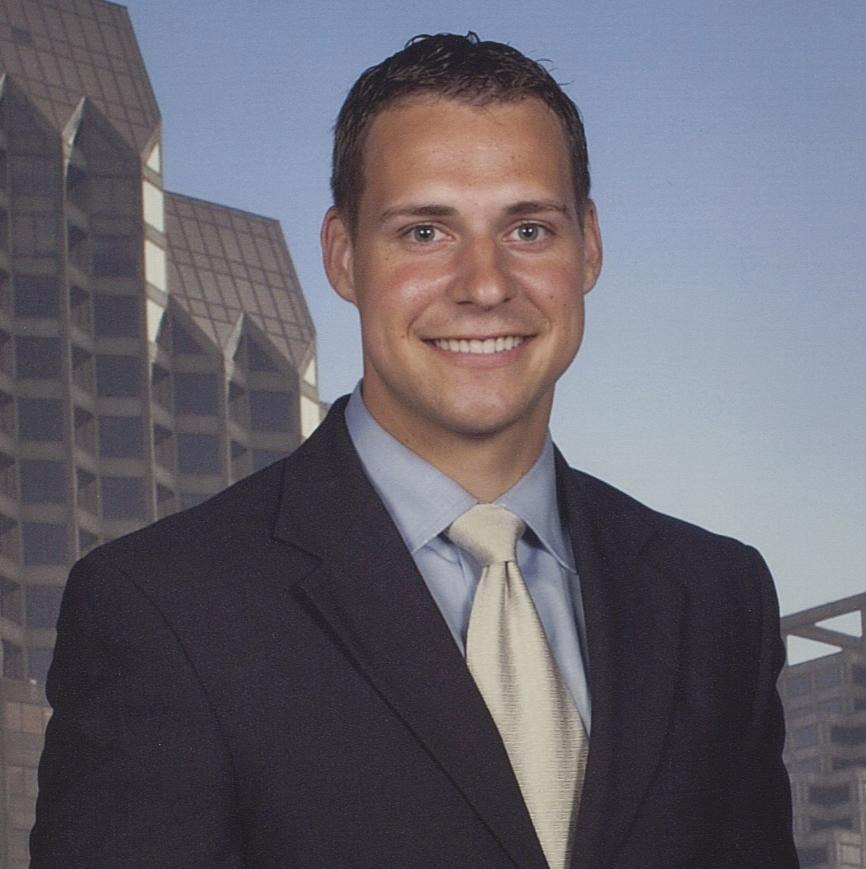
WASHINGTON (BP)–More than 400,000 residents of the nation’s capital are eligible to exercise their right to vote — but not on marriage. On that issue of far-reaching consequences, District of Columbia voters have been denied a voice, with a group of 11 officeholders taking authority into their own hands to redefine marriage.
In an 11-2 vote Dec. 1, the D.C. City Council cast its enthusiastic support for legalizing “gay marriage” in the District, all but guaranteeing the council will easily approve the measure when the members must vote on it a second time in the coming weeks. That will put D.C. in company with five states — Connecticut, Iowa, Massachusetts, New Hampshire and Vermont — that have legalized “gay marriage.”
All six of these decisions on marriage share a common theme: Citizens have not been granted a say in the matter. Instead, courts and elected officials have effectively declared themselves first and final arbiters, imposing an expanded definition of marriage on millions of people and thereby hammering away at the very foundation of our society. Government, the people are told, knows best.
For months, the Southern Baptist Convention’s Ethics & Religious Liberty Commission has joined forces with D.C. pastors and congregations of multiple denominations in marriage rallies and in testimony before the council and the D.C. Board of Elections and Ethics with a simple message: “Let the people vote.” The Ethics & Religious Liberty Commission was among numerous organizations that submitted testimony to the D.C. Council and board in October, outlining how “gay marriage” would “damage families and communities.”
Such appeals have been quietly dismissed. On Nov. 17, the D.C. board ruled that a proposed ballot initiative stating that “only marriage between a man and a woman is valid or recognized in the District of Columbia” would violate the city’s Human Rights Act, calling the initiative discriminatory. Yet the board’s action itself violates D.C.’s charter, which guarantees citizens the right to vote. That decision is now under legal suit.
Recent history demonstrates that the American public, when given the chance to vote on marriage, overwhelmingly support the institution as only the union of one man and one woman. Traditional marriage is 31 for 31 when placed on the ballot. Thirty states have passed constitutional marriage amendments, and Maine voters last month overturned a “gay marriage” law approved by their legislature. Why not let D.C. voters also decide for themselves?
Still, “gay marriage” is not a done deal in the District. Should the D.C. Council cast, as expected, its second of two votes for “gay marriage” in two weeks, Congress would have 30 legislative days to overturn the ruling. The problem is that the congressional Democratic leadership, the drivers of the legislative agenda, have signaled no intention of challenging any such law. To their credit, nearly 60 congressmen, led by Rep. Jim Jordan (R-Ohio), are sponsoring the D.C. Defense of Marriage Act (H.R. 2608), which defines marriage in D.C. as “the union of one man and one woman.” But this, too, appears unlikely to receive a vote.
To disenfranchise 400,000 Washingtonians on an institution as fundamental and consequential as marriage is a brash show of disregard for the democratic process. Until the D.C. Council and Congress get the message, they need a continuous reminder: Let the people vote.
–30–
Doug Carlson is manager for administration and policy communications for the Ethics & Religious Liberty Commission’s Washington D.C. office. For more information about the debate over “gay marriage” in D.C., visit www.stand4marriagedc.com

















